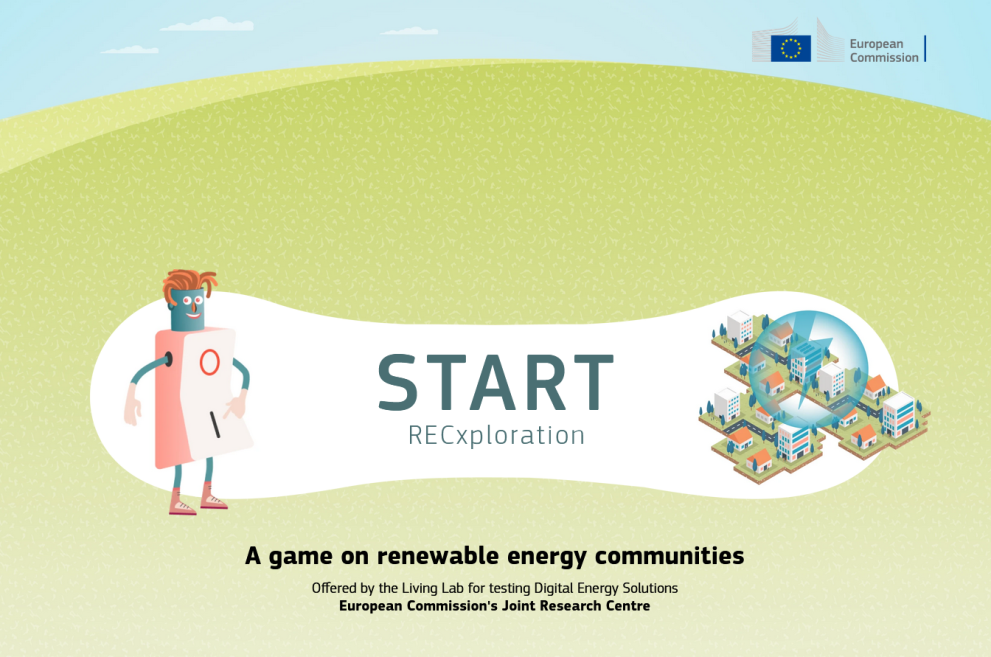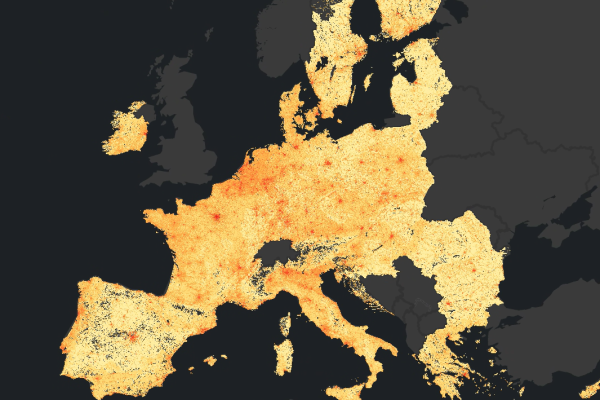
Developed by the Living Lab for Testing Digital Energy Solutions at the Joint Research Centre (JRC), this innovative game is designed to encourage citizens to actively participate in the energy transition.
Why play it
By playing the game, users become more energy literate as they explore the impact of their energy choices on consumption and carbon emissions. They also discover the benefits of producing and storing their own electricity, gaining a deeper understanding of how RECs function.
Free to use, the tool utilises real-world data to create an immersive and intuitive experience for players. By exploring the impact of different energy choices over the next decade, participants can improve energy literacy in areas such as energy efficiency measures, renewable energy production, and environmental sustainability.
How it works
The experience is structured in three rounds, each presenting players with smart decisions that simulate their energy consumption, carbon emissions, and energy bills, based on a points system.
Users are asked to set up a profile, by selecting a geographical location and a household size, before diving into the experience itself.
In Round 1, players can make conscious choices to reduce electricity consumption in the future, by prioritising purchase of energy-efficient appliances, running them in ECO mode and using IT devices more mindfully.
In Round 2, the focus shifts to individual electricity generation through investment in photovoltaic systems.
Round 3 offers a comprehensive overview of what it entails to join a REC as an individual household.
In order to achieve the EU's climate neutrality goal by 2050, the involvement of every citizen is crucial. RECxploration provides a unique opportunity for individuals to explore the intricacies and benefits of RECs, and gain insights into sustainable energy practices..
The game is easy to play and requires no registration. “Switch”, the RECxploration guide embedded in the application, offers navigation guidance through the sections.
Related links
Details
- Publication date
- 29 April 2024
- Author
- Joint Research Centre
- JRC portfolios




